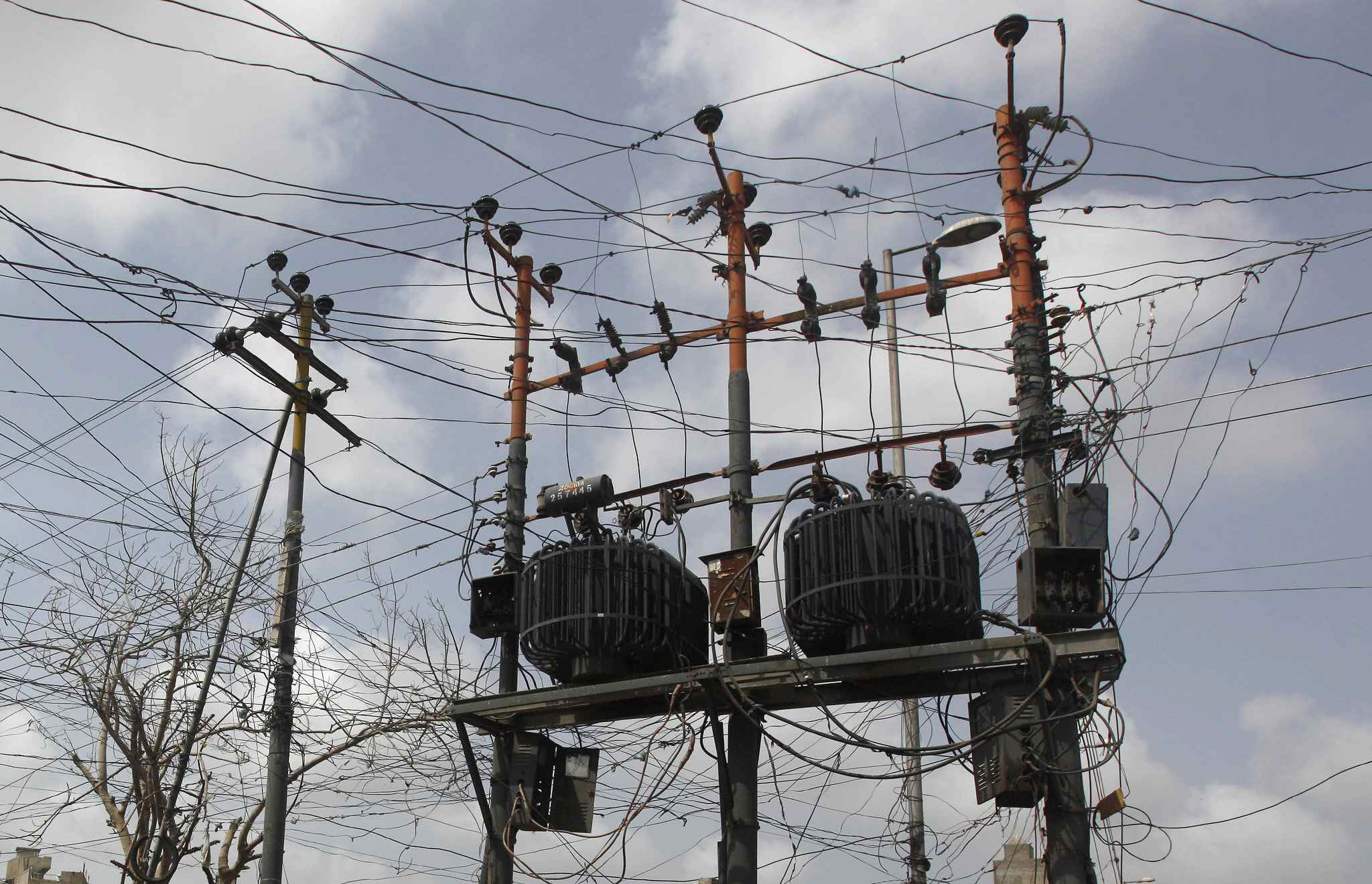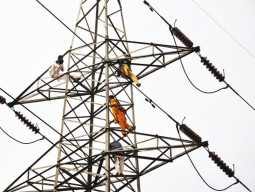
The government has sent notices to heads of five power distribution companies for their failure to control electricity theft and improve collection of consumer bills, with a warning that disciplinary action could be taken against them.
Distribution companies of Balochistan and Sindh are on top of the list as their recovery of bills is low at 26% and 55%, respectively because of growing electricity theft.
Earlier, the heads of distribution companies had signed a memorandum of understanding agreeing to bring down transmission and distribution losses and improve recoveries, but they failed to honour the commitment.

Targets in this regard were set by the Ministry of Water and Power and the National Electric Power Regulatory Authority (Nepra).
Chief executive officers of Faisalabad Electric Supply Company (Fesco), Hyderabad Electric Supply Company (Hesco), Quetta Electric Supply Company (Qesco), Sukkur Electric Power Company (Sepco) and Gujranwala Electric Power Company (Gepco) have been served show-cause notices, say officials of the Ministry of Water and Power.
The ministry has asked these companies to explain their position within 14 days, otherwise disciplinary action may be taken against them. In the notice sent to the Gepco CEO, the ministry reminded him that he was given the target of restricting losses to 12.2% and making 100% recoveries in April this year.
However, according to provisional figures submitted by the company, the losses were 13.4%, which were higher than the regulator’s target and the 8% target given in the performance review meeting held at the ministry on April 12. Similarly, the recoveries were assessed at 94%, slightly falling short of the 100% target.
For Fesco, the target for line losses was 10% for April, but figures showed the losses were 12.3%, which were higher than the regulator’s target and the 7.2% target set in the performance review meeting.
The company was also given a 100% recovery target, but its collections were estimated at 93%.
Faisalabad, the constituency of State Minister for Water and Power Abid Sher Ali, who has been very critical of transmission and distribution losses in Sindh and Khyber-Pakhtunkhwa, is receiving uninterrupted power supply from the government, but stealing is going on unchecked with bill collection falling short of the target. In the case of Qesco, Nepra had set the line loss target at 16%, but the data submitted by the company’s chief put the loss at 28.7%. The company was also given 100% recovery target, but its assessment suggested only 26% recovery rate.
The line loss target for Hesco was 23.8%, but according to provisional figures submitted by the company’s chief the loss stood at 30.6%, which was also higher than the 16% target given in the performance review meeting. Its recoveries were estimated at 72% compared to the target of 100%.
For Sepco, the target for line losses was 29.3%, but they were recorded at 40.9% in April, which also missed the 20% target given in the performance review meeting.
The company’s recovery rate stood at 55% for the month as opposed to the 100% target set by Nepra.
Published in The Express Tribune, May 14th, 2015.
Like Business on Facebook, follow @TribuneBiz on Twitter to stay informed and join in the conversation.


































1713853507-0/MalalaHilary-(2)1713853507-0-270x192.webp)








COMMENTS (1)
Comments are moderated and generally will be posted if they are on-topic and not abusive.
For more information, please see our Comments FAQ